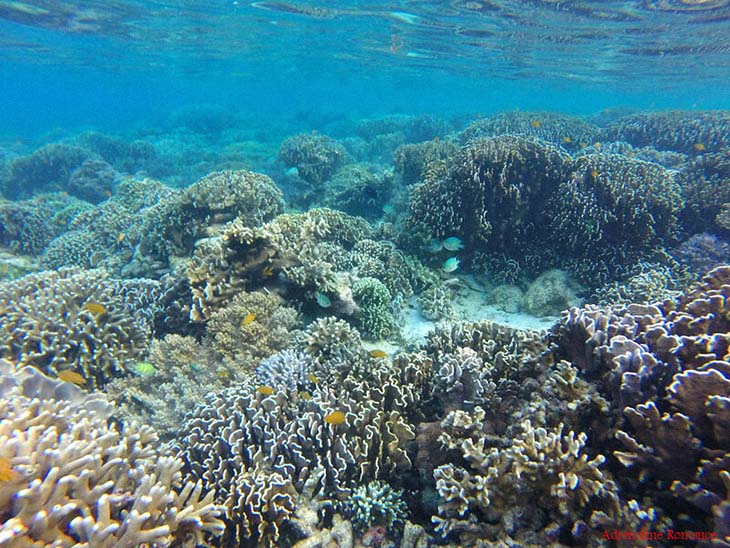
With the marine life degenerating, governments have pulled together to find means and ways to protect some of the world’s largest coral reefs. Many have been unsuccessful while some have found mediocre success. And then there are others who have put all efforts in and have seen astounding results.
The Gulf of Mexico is home to the largest and healthiest coral sanctuary in the world. The past few years, however, haven’t been so kind to it. Experts have noticed the decline, which is why the US government has decided to step in and help.
The governments of both Mexico and the US have finally come to an agreement to expand the Flower Garden Banks National Marine Sanctuary. Ever since the country has gotten assistance, they have noticed that the whole area has gotten 200 percent larger, which has impressed experts and locals alike. The endeavor has been a huge success and it is with hope that they can continue to care for the sanctuary in the coming years.
NOAA has successfully tripled Mexico’s sanctuary size. The said reservation is located off the coasts of Louisiana and Texas. Their long-term goal is to protect some of the healthiest and most beautiful coral reefs not just in their area, but in the rest of the world.
Dr. Tom Bright of Texas A&M University, also known as the father of the Flower Garden Banks, says about these sanctuaries, “They are special because they remain healthy. The coral cover here is greater now than when we first began studying them in the 1970s and 80s.”
The marine sanctuary’s size started from 56 square miles. With the joint effort, it now covers 160 square miles. This was achieved in the rich scientific studies and public review in the last 30 years, and with it, the special area has remained well preserved. In fact, G.P. Schmahl, the superintendent of the sanctuary says, “The more we found out about these areas, the more we realized that they are as diverse and as productive as any marine community in the world.”

The US government has realized the impact of these sanctuaries and as of January, they have announced further expansion to 14 additional reefs and banks that have been home and habitat to recreationally and commercially imported fish. Among the species that live in these areas are the red snapper, mackerel, grouper, and wahoo. It is also home to some of the world’s endangered species such as sea turtles, giant manta rays, and of course, the corals.
As the team behind the NOAA have announced, the efforts given to the 14 new areas will include limiting activities such as fishing with bottom-tending gear, ship anchoring, oil and gas exploration and production, and salvage activities on delicate biological reserves.
Retired Navy rear admiral Tim Gallaudet, Ph.D., deputy NOAA administrator says, “Adding these ecologically significant reefs and banks will protect habitats that contribute to America’s blue economy and drive ecological resilience for much of the Gulf of Mexico region’s thriving recreation, tourism, and commercial fishing.”
NOAA’s office is located 115 miles off the coasts of Texas and Louisiana. They first designated the National Marine Sanctuary in 1992. After four years, Stetson Bank, located only 80 miles off the Texan coast, was eventually added to the sanctuary with the help of the people in congress who implemented the action.
So, what exactly propelled the expansion efforts forward? It all started with the 2010 Deepwater Horizon oil rig explosion. The accident caused the largest offshore marine oil spill the country had ever seen. Since then, the government wanted to make the expansion a priority. Scientists and government organizations have all come together to combat future problems by protecting marine life and vital gulf habitat.
Since the US government signed the agreement, further expansion will go into effect in spring, after the 45-day congressional session.
What are your thoughts? Please comment below and share this news!
True Activist / Report a typo


